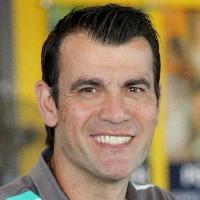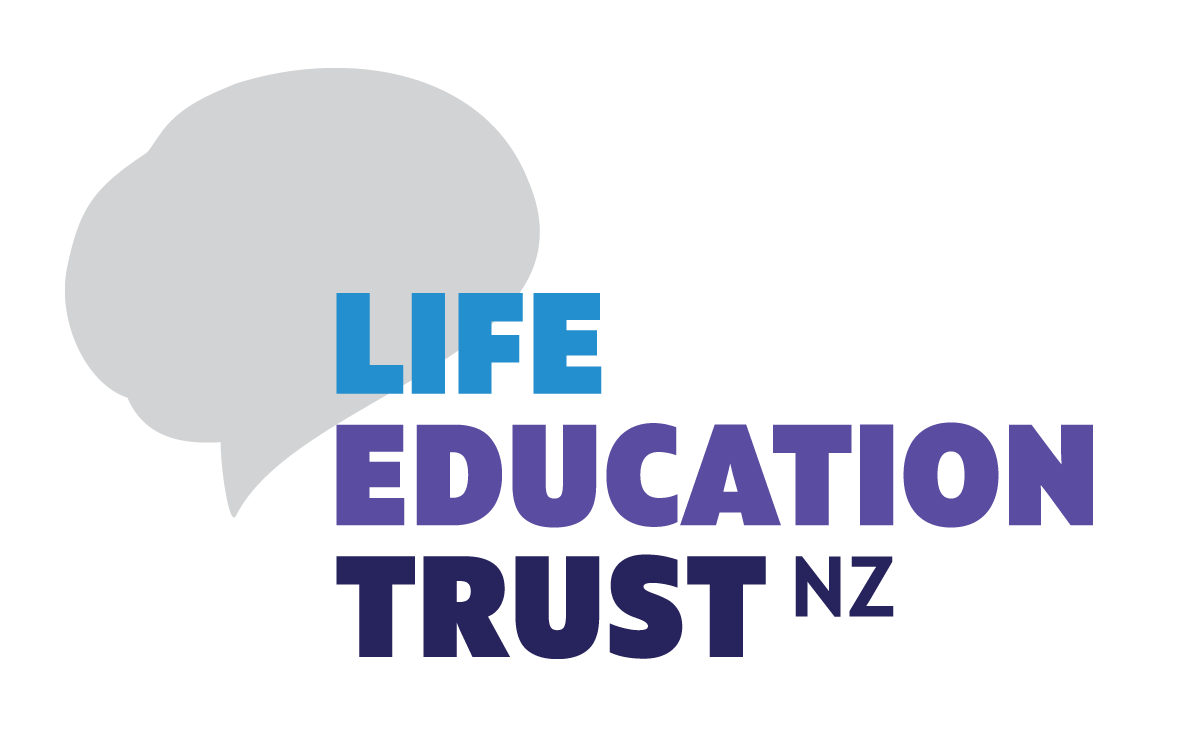We need a wholesome new approach to food security
| Dr Geoff Kira PhD is a senior lecturer and public health scientist with Massey's School of Health Sciences. His research focuses on interventions to positively impact unfair differences in health. He works with communities living in poverty and Māori health organisations to help ensure access to healthy kai. Geoff has recently joined the board of Life Education Trust. He sees an opportunity for our work to play a vital role in creating critical change for Kiwi kids. |  |
Food insecurity is not a third world problem
According to Dr Kira, people often fail to recognise or understand the problems people have accessing food in our Aotearoa.
“Food insecurity is a global phenomenon; roughly two billion people are in moderate to severe food insecurity. But most people assume that’s due to things like famine.
“However, it’s also a problem in wealthy nations such as China and the US, some of the wealthiest countries in the world. In high-income countries, healthy diets are often unaffordable to people who are poor.
“In fact, most countries have some problems with food security; it's just that there are different contexts. Here, one in five children lives in a household that faces severe to moderate food insecurity. Within those households, one in three children is Māori.”
The outcomes of poor nutrition are confronting
The impacts of food security are profound, far-reaching and sometimes paradoxical. Children whose homes don't have secure access to food are less likely to eat breakfast at home and more likely to be overweight or obese.
“It’s called the obesity paradox for food security where there is actually a higher percentage of children who are obese are overweight. Many assume that if you’re really going hungry, you’d be losing weight or be stunted. However, the problem is actually poor nutrition.
“These families are desperate to be filled and satisfied by their food ahead of having nutritionally appropriate food. So, what you get is a very dense calorie energy diet. That can lead to weight gain without the benefits of good nutrition.”
Poverty is the problem, and the solutions are complex
Dr Kira says that it’s lack of money rather than education that is the main reason for poor nutrition.
“The problem is that many people simply can't afford nutritious food options even though they would like them. My recent research has shown that if we provide those families with fruit and vegetables that they will eat them.
“We went to the third most-deprived community in New Zealand and gave them a huge box of fruit and veg every week for three months. They consumed almost all of it, and they'd give some away to their neighbours or kaumatua because they saw them as being in more need.
“I’m so proud to now have the evidence so I can argue against the naysayers who say ‘poor people don’t want to be healthy; they don’t want to eat well; they just want to smoke and be lazy’. We’ve got the data to say that’s wrong.
“There are a lot of good intentions, but they’re only going to help our most vulnerable if we account for their situations. For example, a celebrity chef will say, ‘this meal only costs four dollars a serve’. That still means a family has to buy those ingredients for every person in their household, which actually means a huge single outlay. So, a one-dollar burger or pie may be more achievable for families living day-to-day.”
The traditional approach to ‘educating people’ is not enough
In the past, home economic classes focused on helping students understand nutrition and what food they should choose. Dr Kira was attracted to join the board of Life Education because it leads the sector in equipping young people to shape their lives. He knows the programme embraces the latest expertise and research while engaging kids to deliver practical, relevant learning.
“We have to be careful about how we present information and avoid putting further stress on families. What you don't want to do is say to kids, ‘you must eat this food' or ‘you should be eating this food’ when many of them have few choices. If they go home and demand particular foods that the parents can’t afford, it just creates more stress.”
Our children deserve our collaboration on food security
Dr Kira says food in schools is a good thing, but he encourages further thinking.
“Schools have been put in a bind. They want children to be fed, but they're kind of having to take on the responsibility themselves.
“Instead, our opportunity is to develop education plans around food security. Then, we can help in providing food security, keep it positive, make it fun, and remove pressure from teachers.
“We can expose children to great food and diverse food in a way that's mana-enhancing, especially by connecting with local growers. New Zealand has the potential to lead the world in diversifying our food production while feeding our most vulnerable and also protecting our environment.”
Despite the enormity of the challenge, Dr Kira is optimistic and delighted to be part of Life Education and our impact.
“What keeps me going is that everyone working in this area is so passionate about helping others.”
